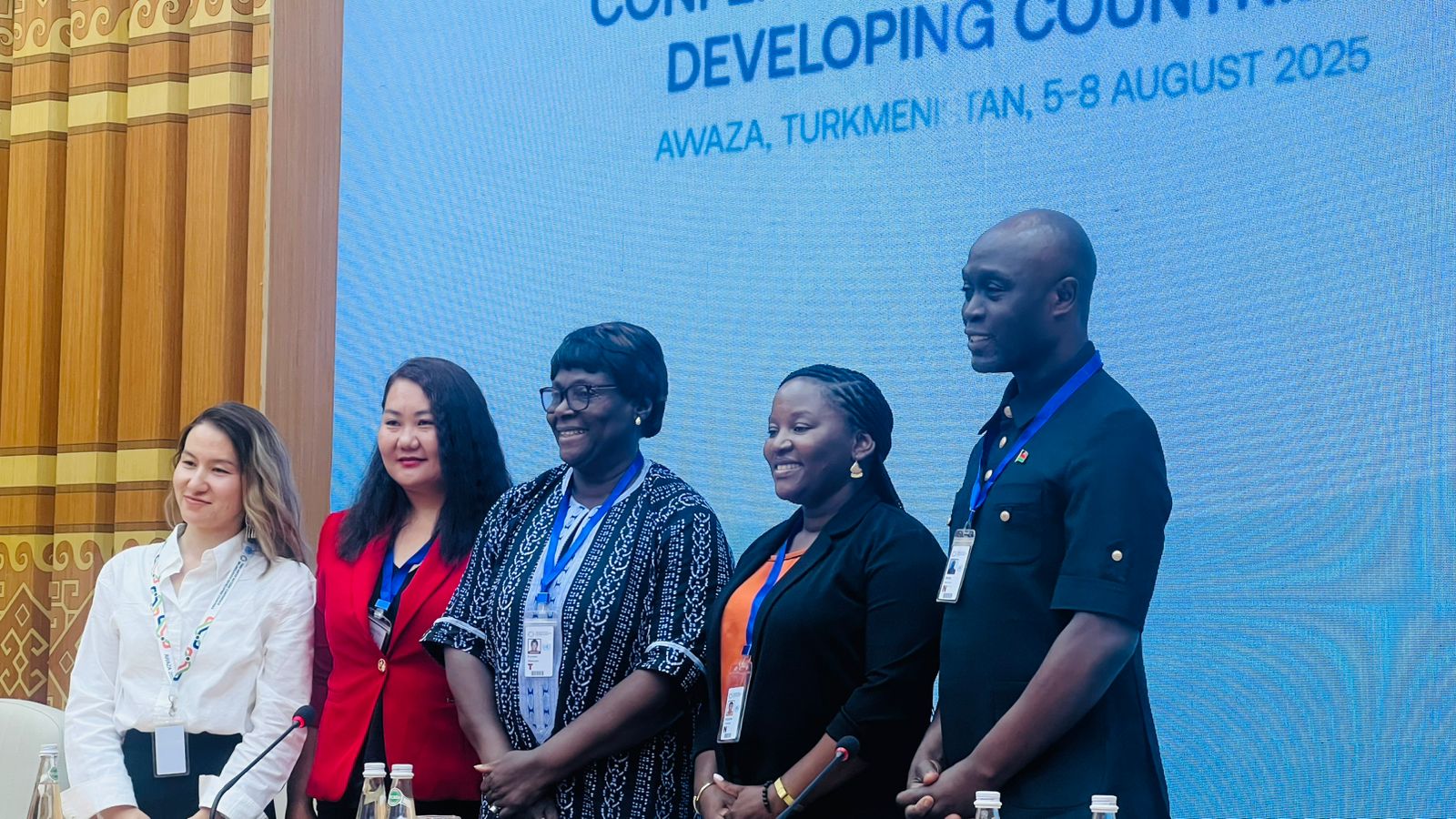By Haknazar HALJANOW
CEO, Dovletli Nesibe
Coordinator to Young Entrepreneurs’ Center, Ashgabat Committee of the Party of Industrialists and Entrepreneurs of Turkmenistan
Participant, Civil Society Forum – UN LLDC3, Avaza
The Third United Nations Conference on Landlocked Developing Countries (LLDC3), hosted in the scenic coastal city of Avaza, Turkmenistan, presented a historic platform to address the persistent development challenges faced by landlocked nations. As a participant in the Civil Society Forum, I had the privilege of contributing to a series of vital discussions aimed at rethinking development models, engaging youth and entrepreneurs, and exploring the role of the private sector in sustainable growth.
Among the most impactful sessions was Plenary 1: People-Centered Structural Transformation and Environmental Sustainability (Continued). This plenary illuminated a key truth: no transformation is sustainable without investment in people—their education, capacity, innovation, and resilience.
The Human Capital Imperative
The structural transformation of LLDCs cannot occur in isolation from the people who drive it. These are not merely economies caught in geographic isolation; they are nations rich in culture, aspiration, and untapped potential. What they often lack is not ambition, but access—to global markets, cutting-edge knowledge, and most critically, to the infrastructure that nurtures qualified human capital.
The voices from this plenary underlined the urgency of aligning national development strategies with inclusive human development. In a compelling speech, Ms. Hannah Foster, Executive Director of the African Center for Democracy and Human Rights Studies, emphasized the dual imperative of empowering individuals and protecting environments. Her words echoed strongly across the room and, indeed, across continents.
Insights from Ms. Hannah Foster’s Speech
Ms. Foster spoke passionately about the interdependence of human rights, education, and sustainable development. She reminded the global audience that people-centered transformation is not just a technical or economic task—it is a moral obligation. Her call to “prioritize women, youth, and marginalized communities as agents—not just beneficiaries—of development” was both timely and transformative.
She warned against the marginalization of human rights in the rush for economic growth and underscored that development divorced from democratic values leads to instability. By integrating environmental responsibility with human rights education, LLDCs can foster leadership that is resilient, ethical, and future-focused.
A Turkmenistan Perspective
As a Turkmen entrepreneur and coordinator to the Young Entrepreneurs’ Center, I find these messages particularly relevant. Our youth are our greatest asset, and yet many lack access to entrepreneurial tools, mentorship, and modern vocational training. At Dovletli Nesibe, we have long advocated for programs that bridge this gap—supporting startups, facilitating technology transfers, and promoting green enterprise.
Turkmenistan’s hosting of LLDC3 is a testament to its growing role in regional dialogue on sustainability and cooperation. The inclusion of civil society and business leaders in the conversation represents a bold step toward participatory policymaking. Now, we must build on this momentum.
A Collective Responsibility
The road to sustainable development in LLDCs lies not in copying the past of industrialized nations, but in crafting our own future—rooted in education, ethics, ecology, and entrepreneurship. Investment in human capital is not a sidebar—it is the central chapter of our transformation story.
Let this be one of the lasting legacies of LLDC3: that in Avaza, we came not just to discuss trade corridors and policy papers, but to reaffirm that people are the pathway to peace, prosperity, and planetary balance.





Comments